Top 3 Ethics & Jurisprudence Questions for Analysis:
1. In Manitoba dental hygiene is a “self-regulated” health profession. This means:
First Statement: Dental hygiene achieved “professional” status.
Second Statement: Dental hygienists are involved in governing their own profession.
The Second Statement is correct.
“Self-regulation” vs “Regulation” is an important distinction in The Dental Hygienists Act. Most other jurisdictions in the world do not allow self-regulation. It is a privilege to be able to have dental hygienists on council and committees for upholding the standards of providing DH care to Manitobans.
“Professional” is not a legal designation or status. Professional relates to a level of expertise and behaving in such a way that is competent reliable and respectful. The Dental Hygienists Act and Regulation does not bestow/proclaim/acknowledge this status.
2. A dental hygienist on the Extended Practice Roster may provide scaling and root planning for a client, in the client’s home setting, if the client:
a) Is an existing patient of a dentist with whom the dental hygienist collaborates
b) Is an existing patient of a physician with whom the dental hygienist collaborates
c) Is being seen within an approved oral health program with which the dental hygienist is affiliated
d) Provides documentation that they are not currently under the care of a dentist
The correct answer is (a) and (c).
The current legislation in Manitoba is such that there are limited settings that a dental hygienist can provide scaling, root planning, curettage, and/or local anaesthesia. These are (according to the Dental Hygienists Regulation, section 2(1)):
- In a dentist’s office
- A facility (e.g., as designated by the Minister of Health, such as the Personal Care Homes Designation Regulation)
- As a part of an oral health program (e.g., approved by the Minister of Health)
- A setting approved by the patient’s dentist
3. ENDS Policies are Council (board) policy statements that describe the reason for the organization’s existence and provide direction for the college. ENDS policies are developed based on Councils knowledge of and interaction with the owners – those to whom the Council is morally accountable. The moral owners of the CDHM are:
a) Practicing Registrants
b) All Registrants
c) Manitobans
d) CDHM Staff
e) CDHM Council
The correct answer is (c).
The College exists to uphold the standards of safe competent and inclusive dental hygiene care for the citizens of Manitoba. The citizens are the beneficiaries of the safe competent and inclusive dental hygiene care. Therefore, the citizens of Manitoba are the moral owners of the College.
